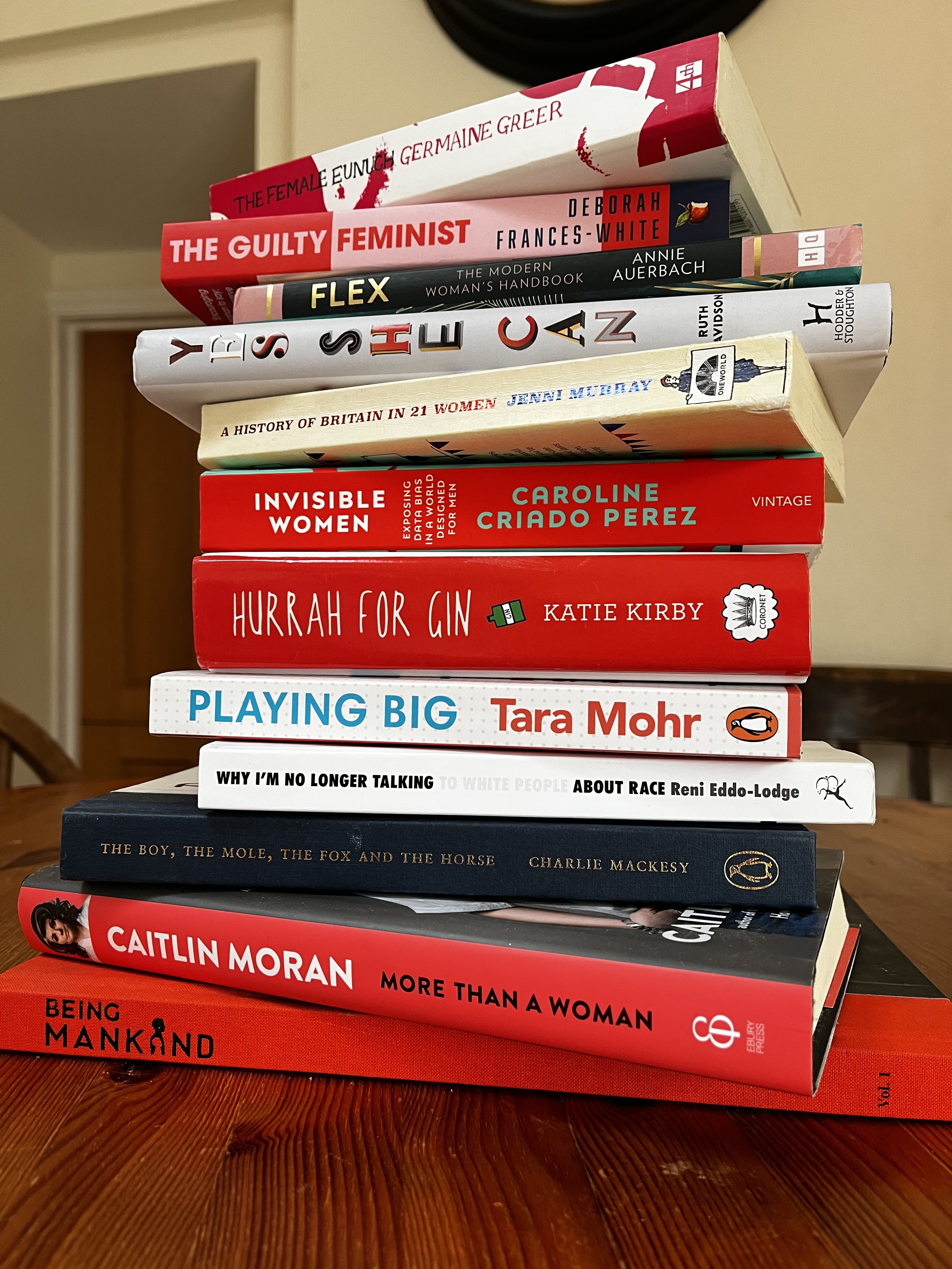The 9-2-3 JOBS BOOK CLUB
9-2-3 book club
We'll be holding regular virtual events where we can get together and chat about books related to flexibility, equality and other topics that often arise in our discussions with you! We think this'll be a great way to share ideas and build solidarity, and we'd love to see you there.
If you're interested, please sign up at the bottom of the page to receive more information about our 9-2-3 Book Club events and newsletters. You can also click on the images below to read our in-depth reviews.
9-2-3 TEAM REaD
Period: It’s About Bloody Time. By Emma Barnett.
It's still ever so slightly disconcerting to speak the word "period" out loud, isn’t it? Even for those of us who’ve been experiencing periods for 30 years. You'd have thought the unease might have worn off by now, but apparently it lingers on…
Instagram Live: Annie Auerbach
We had a brilliant conversation with the fabulous Annie Auerbach, author of “FLEX: Reinventing the rules for a smarter, happier life”. Annie has long been a champion of flexible working and the positive impact it can have on people’s lives. Find the full interview on our Instagram page @923jobs
Instagram live: Han-Son Lee
The founder of Daddilife, Han-Son Lee, joined us in conversation to discuss the inspiration behind his website, their numerous publications and what’s next for Daddilife. Find the full clip on our Instagram page @923jobs
I consent to 9-2-3 Jobs Limited (“9-2-3”) sending me emails containing information about the 9-2-3 Book Club. I also understand that I can stop receiving these emails at any time by simply clicking “unsubscribe” at the bottom of the emails, or by emailing helen@923jobs.com. I understand that 9-2-3 will handle my personal data in line with its Privacy Policy.








